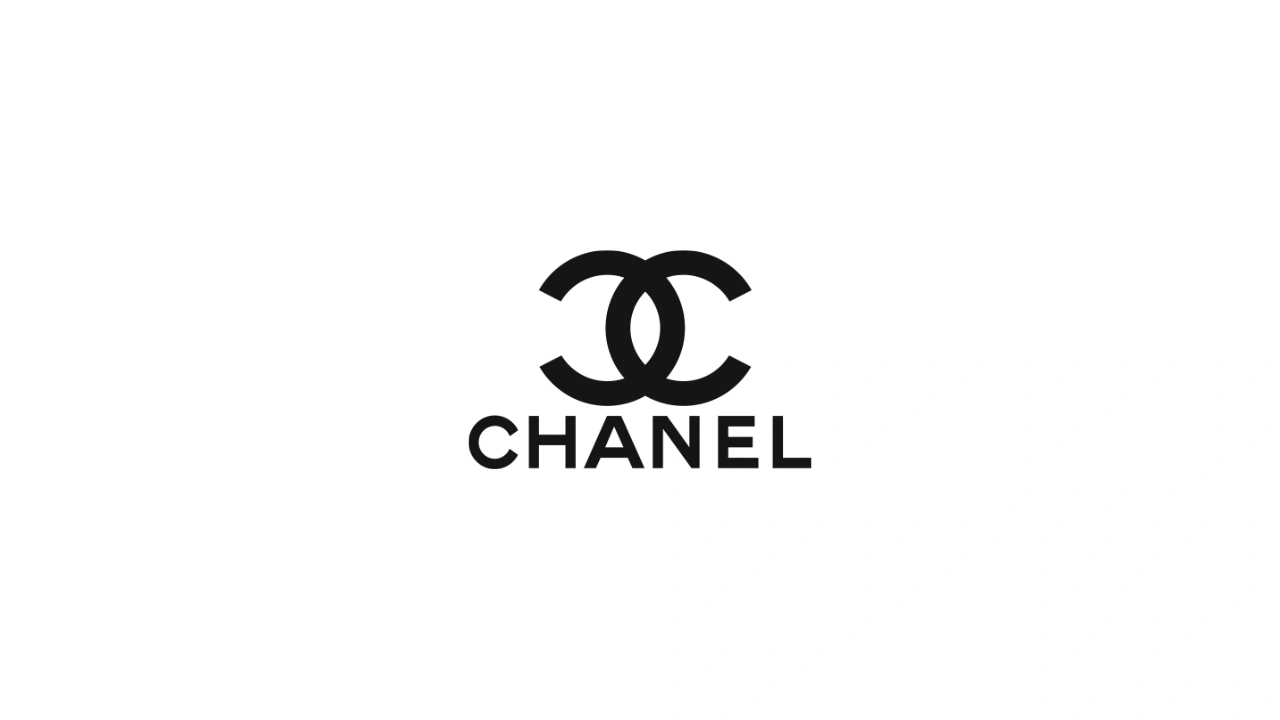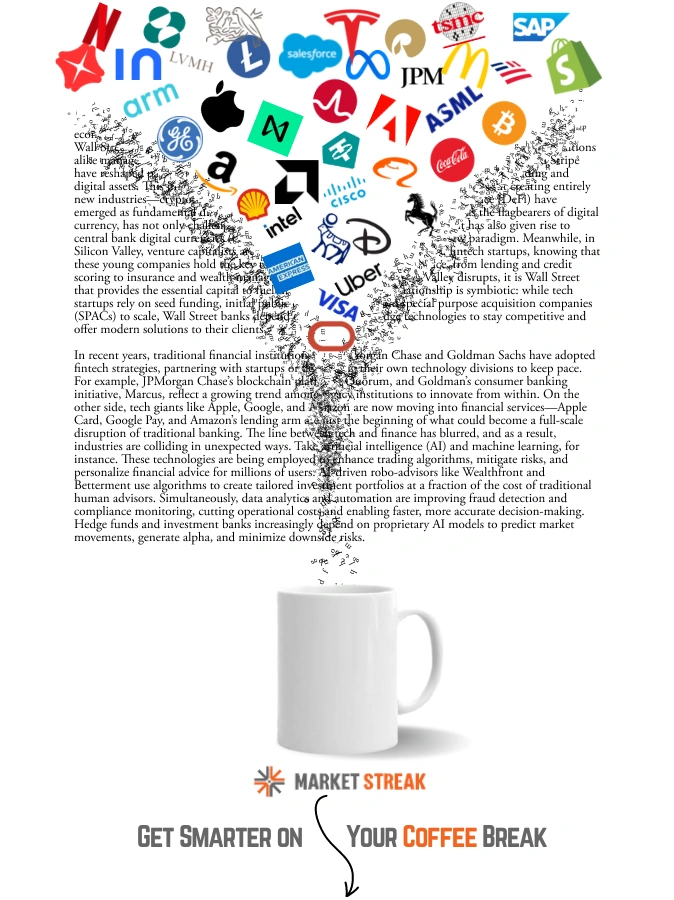Business
Fashion
Leadership
Women in Tech

Business
Fashion
Leadership
Women in Tech
Leena Nair's appointment as the global CEO of Chanel in 2022 marked a pivotal moment in her career, a culmination of three decades spent at Unilever, culminating in her role as Chief Human Resources Officer. However, the path to leading one of the world's most prestigious fashion houses began far from the Parisian runways – on a grueling 48-hour train journey across India.
This arduous journey was undertaken for a pivotal reason: pursuing her MBA. Her chosen university was situated on the eastern side of India, a considerable distance from her home in the west. This geographical challenge highlighted the significant obstacles she faced throughout her career, even at its earliest stages.
"As far as my family was concerned, that was another planet," Nair recounted in a recent interview at the Stanford Graduate School of Business. "So it used to take a lot to be able to go there and do that." The journey underscored the commitment and determination required to overcome geographical and logistical hurdles, setting the stage for her future accomplishments.
The support of her family, while crucial, was not without reservations. Her father, a significant financial supporter of her education, expressed anxieties about her career prospects. "He said, 'I will educate you, but I can’t promise that you will have a career because I don’t know if attitudes are going to change'," Nair recalled. This acknowledgment of societal biases reflects the challenges faced by women in pursuing ambitious career paths, particularly in certain cultural contexts. Despite these concerns, her father's unwavering support provided the foundation for Nair's educational journey.
Nair's dedication paid off. She excelled at university, successfully completing her MBA and securing a management trainee position at Hindustan Unilever, the Indian subsidiary of the global consumer goods giant. This marked the commencement of a remarkable ascent within the company.
Her career trajectory within Unilever showcased a remarkable blend of operational experience and strategic leadership. She began as a factory manager overseeing specific brands in India, gaining hands-on experience in the manufacturing and distribution processes. This foundational knowledge provided a crucial base for her subsequent roles.
From factory floor to leadership positions, she steadily progressed, eventually taking on roles of increasing responsibility, including HR leadership and heading diversity and inclusion initiatives. This consistent upward trajectory highlights her dedication to personal and professional growth. The final five years of her Unilever tenure saw her serving as the company's Chief Human Resources Officer (CHRO), based in London.
This period saw the development of a philosophy that would later significantly influence her leadership style at Chanel: "Lift as you climb has become a huge mantra for me. How do I ensure I make it easier for those who come after me?" This commitment to mentorship and fostering opportunities for others became a defining principle of her leadership approach.
After a distinguished career spanning three decades at Unilever, Nair’s transition to Chanel was unexpected, even jarring. The initial call from Chanel was met with surprise and hesitation.
"I told my husband, Chanel has called, but I’m not going to even consider it. Are they crazy?" she admitted, emphasizing her deep-seated commitment to Unilever. "I just couldn’t say goodbye to Unilever."
The decision to accept the CEO position at Chanel was not made hastily. Nine months of careful consideration passed before she finally agreed to lead one of the world’s leading luxury brands, a company ranked among the top 500 in Europe.
The decision involved what Nair described as a "quadruple transition." This significant shift encompassed a move from the fast-moving consumer goods sector to the bespoke world of high fashion; a change from the Anglo-Dutch corporate culture of Unilever to the distinctly French culture of Chanel; a shift from a public company to a private one; and finally, a move from the CHRO role to the CEO position – a rare transition in the corporate world. "A quadruple transition means you’re either very brave or very foolish," Nair reflected, acknowledging the scale and complexity of the change.
The contrasts between Unilever and Chanel were stark. Unilever, a giant in fast-moving consumer goods, operated with a high-volume, fast-paced production mentality, constantly introducing millions of products, from beverages to cleaning agents. Chanel, on the other hand, embraced a slower, more artisanal approach to luxury goods. The meticulous craftsmanship involved in creating Chanel's iconic products stood in stark contrast to the mass-production paradigm Nair was accustomed to. The creation of a single Chanel bag, for instance, can involve five years of work on dummy bags before artisans even begin work on the final product. This stark difference highlighted the need for adaptation and a new understanding of luxury goods production.
Despite these significant differences, in the nearly two years since her appointment, Nair has successfully navigated this transformative phase, implementing significant changes within Chanel. The company has not only weathered the downturn affecting much of the luxury sector but has also thrived, achieving a remarkable 16% revenue increase in 2023 compared to the previous year. This significant growth reflects effective leadership and strategic decision-making.
Chanel’s expansion continues, with strategic investments in new boutiques globally. Nair has also significantly increased funding for Foundation Chanel, the company's charitable arm dedicated to supporting women, to a substantial $100 million. Furthermore, Chanel's recent foray into sports sponsorship reflects a broader trend within the luxury industry, underscoring Nair’s proactive approach to brand positioning and market dynamics.
While persistent economic uncertainty continues to impact luxury brands, Nair's vision for Chanel extends far beyond short-term gains. Her strategic focus is on long-term growth, aiming to position Chanel as a pioneering force in the luxury sector for the next century.
"I would like my 11-year-old self to be proud of the leader I’ve become," Nair stated, underscoring her personal commitment to achieving lasting success and leaving a positive impact on the company and the industry. This statement reflects the personal values driving her leadership and highlights the broader implications of her success. Her journey, from a 48-hour train journey across India to the helm of a global luxury icon, serves as an inspiring testament to the power of determination, adaptability, and a commitment to personal and professional growth. The story of Leena Nair is not simply one of career advancement, but a compelling narrative of resilience, vision, and the transformative impact of leadership. It emphasizes the importance of perseverance in the face of adversity and the significance of leveraging experiences to shape a successful and impactful career trajectory. Her story provides a powerful example for aspiring leaders, showcasing the value of calculated risks, a commitment to learning and adaptation, and a belief in one's own potential.
SHARE


news
30th October 2024

news
30th October 2024


news
30th October 2024

news
30th October 2024


news
30th October 2024


news
30th October 2024


news
30th October 2024